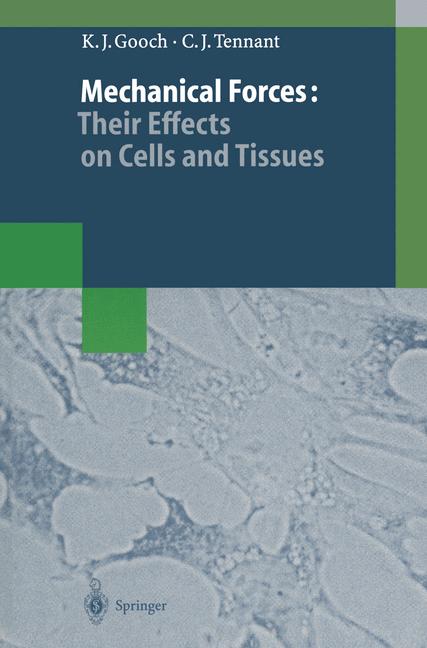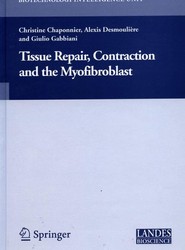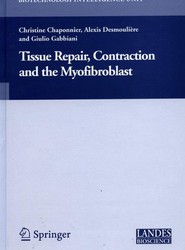(To see other currencies, click on price)
MORE ABOUT THIS BOOK
Main description:
Animal Cell Culture nimal cell culture began in 1912 when Alexis Carrel grew bits of chick heart A in vitro by placing them into a drop of horse plasma. When the plasma clotted, it formed a solid surface into which the heart cells explanted. Left unattended, these cells died within several days. By regularly feeding the grow ing cells with aqueous extracts of whole chick embryos and periodically sub dividing them, Carrel was able to maintain the cells for extended periods. From these initial experiments, cell culture has expanded into an important component of biological research and commercial production. Animal cell culture is an important tool for the study of complex biologi cal systems. In vivo it is often impossible to target a treatment to one specific cell type or to adequately control the environment. For example, it is impos sible to selectively depolarize endothelial cells in vivo to determine the role of transmembrane potential in the transduction of fluid mechanical forces generated by blood flow to a biochemical response. Depolarizing all of the cells within the vascular system by injecting potassium chloride into the animal's bloodstream clearly is not an option, as it will lead to cardiac arrest.
Contents:
1. Introduction.- 2. Endothelial Cells.- 3. Bone Cells.- 4. Chondrocytes.- 5. Muscle Cells.- 6. Mechanotransduction.- 7. Production Systems.- 8. Overview.
PRODUCT DETAILS
Publisher: Springer (Springer-Verlag Berlin and Heidelberg GmbH & Co. K)
Publication date: December, 2012
Pages: 182
Weight: 314g
Availability: Available
Subcategories: Physiology
From the same series















